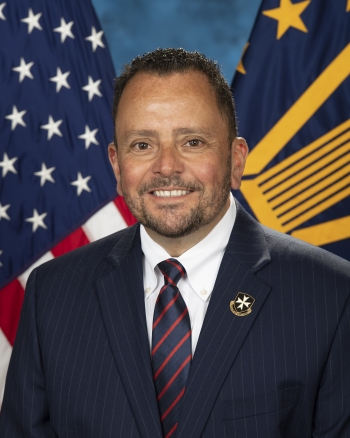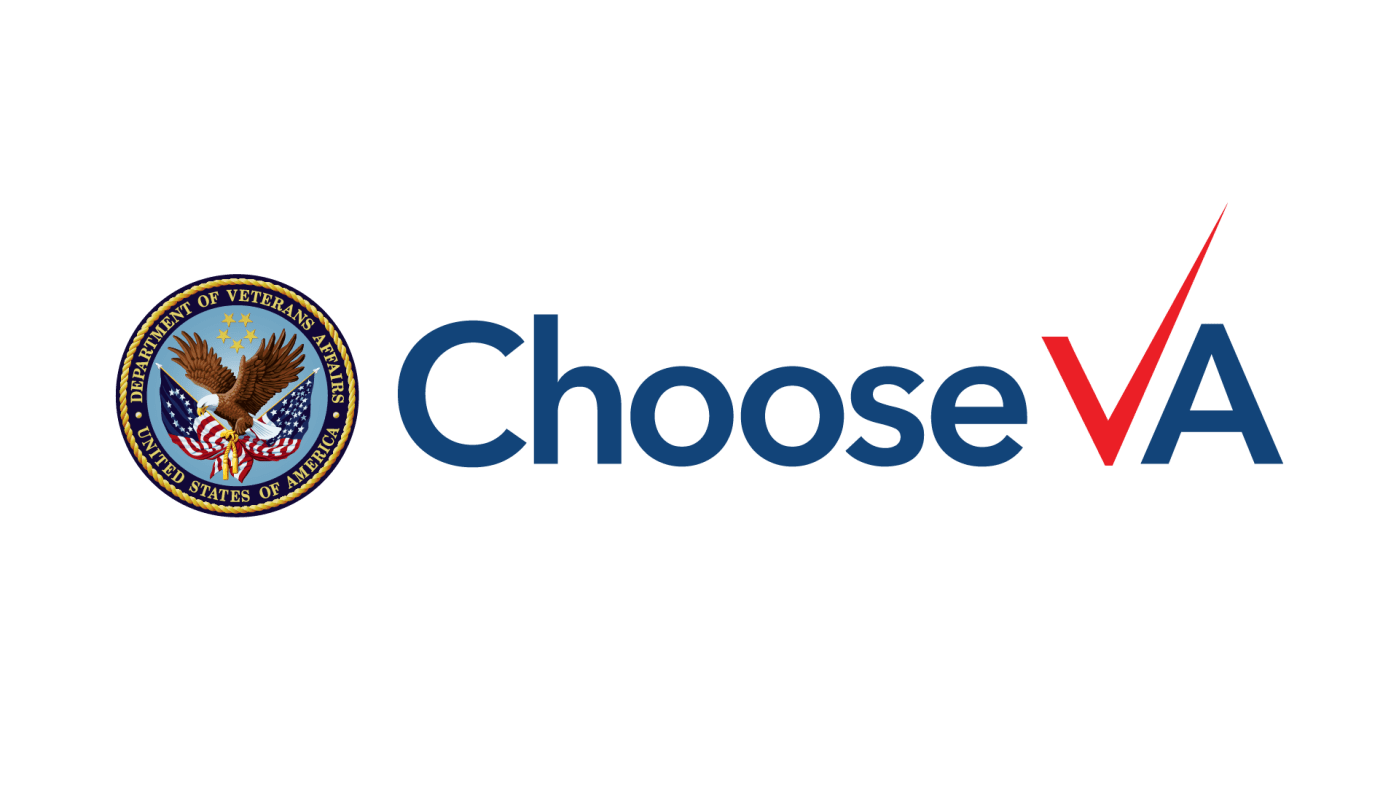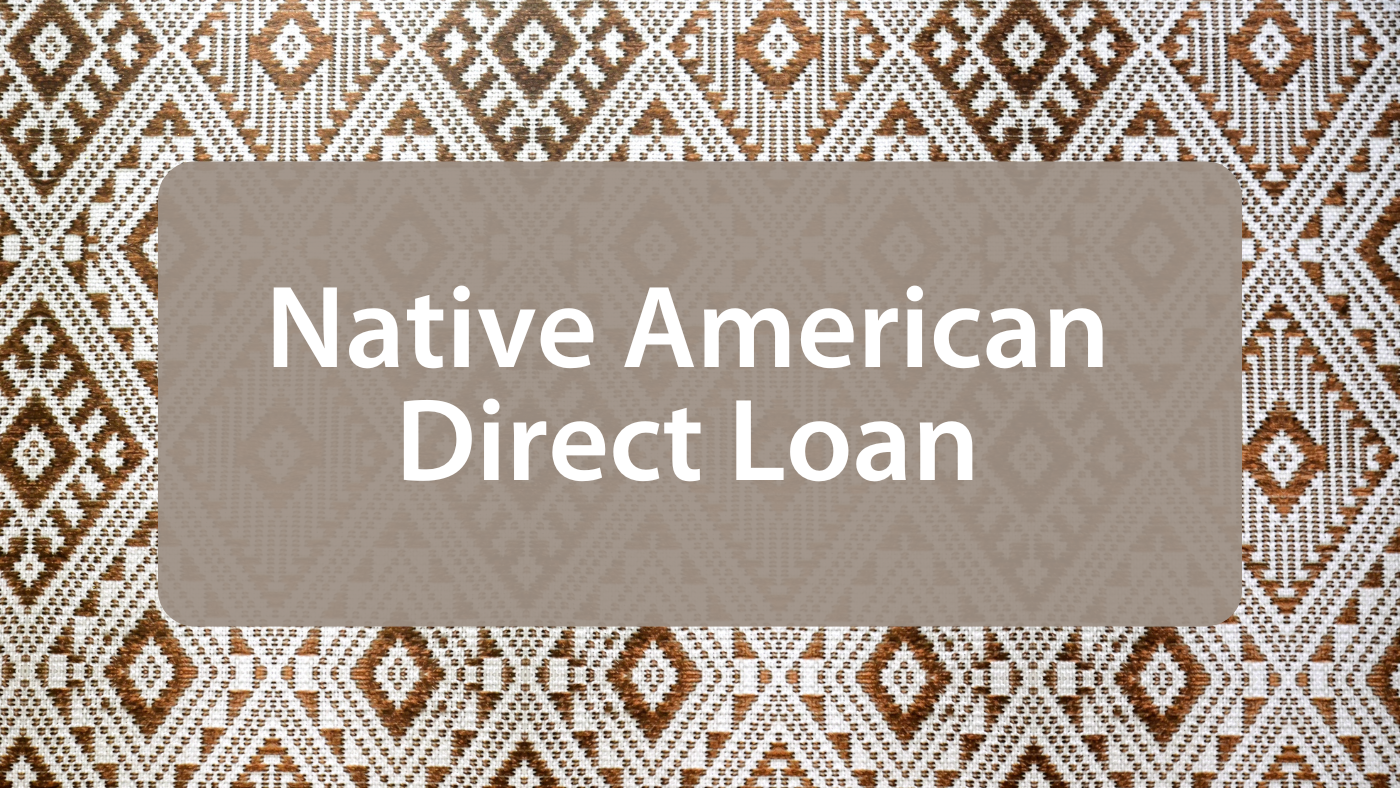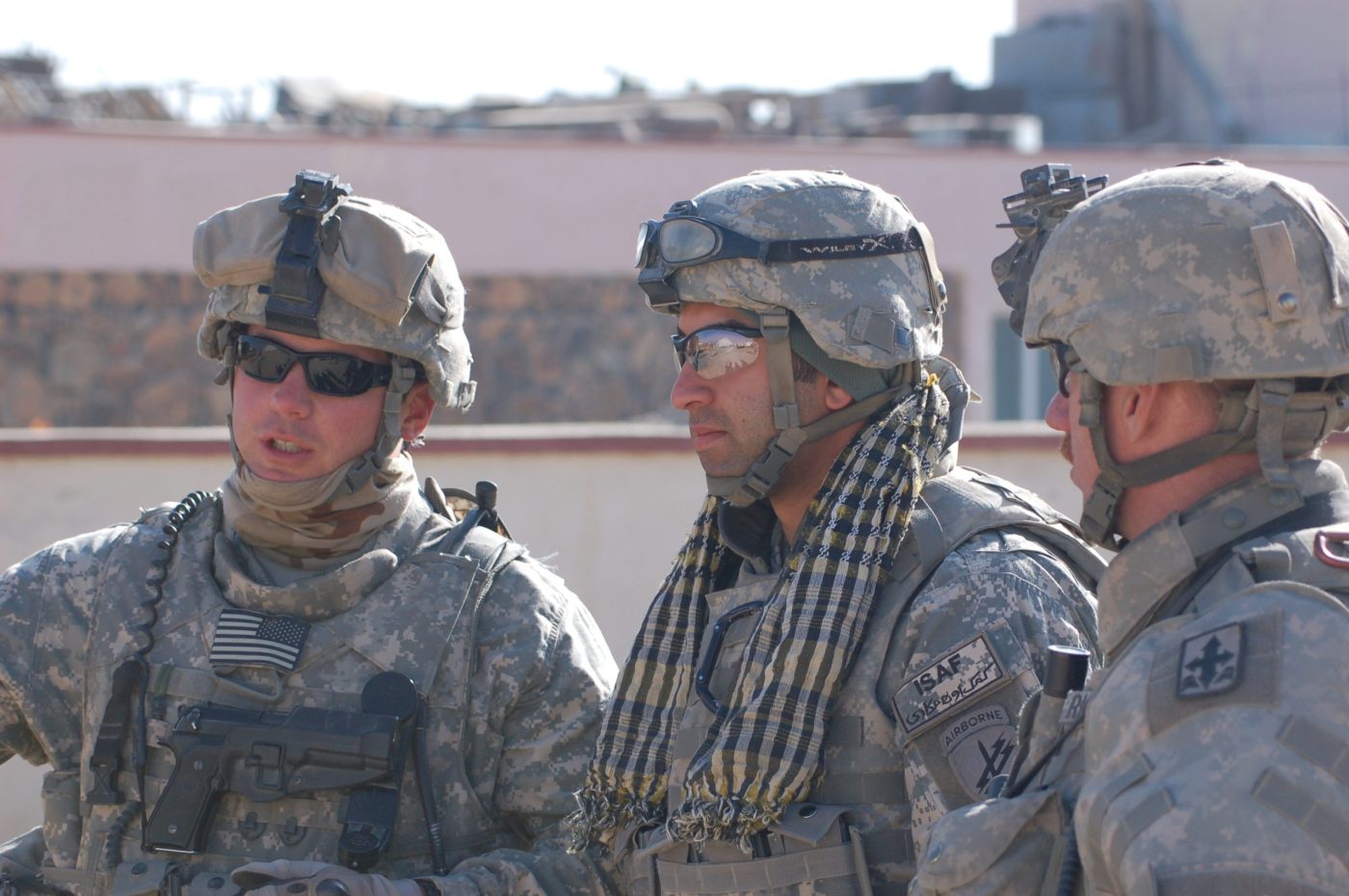James Albino is the director of the Center for Minority Veterans at VA. As director, Albino serves as the principal advisor to the secretary of Veterans Affairs on the adoption and implementation of policies and programs affecting Veterans who are minorities. In this blog, Albino discusses how VA is striving to ensure that all Veterans receive equal service regardless of race, ethnicity, country of origin, religion, or gender – and why that mission is important to him as a Veteran.
How would you describe the mission of the Center for Minority Veterans within VA?

James Albino, director for Center for Minority Veterans
The Center for Minority Veterans is the VA model for inter- and intra-agency cooperation, to ensure all Veterans receive equal service regardless of race, origin, religion, or gender. We are process improvement-oriented and both internal and external customer-centric. We assist VA in executing its mission in the most equitable, efficient, and humane way possible.
The Center for Minority Veterans has a statutorily defined mission to provide Veterans a voice and representation in the VA – and that statute specifically focused on African Americans, Hispanics, Native Americans, Alaskan Natives, Hawaiian Islanders, Asian Americans, and Pacific Islanders. We are also engaged VA-wide reaching out to other underserved Veteran communities to include LGBTQ+ communities, and others. That is not part of the statute, but we want to support the VA’s broader diversity and inclusion efforts, as well. Our mission is to reach out and engage these Veterans and be a conduit for them to access VA services.
Why is the mission important to you?
I am a Navy Veteran, I’m the son of a World War II Veteran, and I recently learned that I am the grandson of two World War I Veterans. It’s very cool to see the WWI conscription document. Being a Veteran runs in my family, so it’s a community I identify with a lot. I have nothing but great things to say about the work VA does. It’s heroic work. I’m looking at you with two VA-implanted artificial lenses, and soon I will have two VA-implanted artificial knees, hopefully. I would not go anywhere else to get my care. When you go into the VAMCs you see some very brave, some very proud Veterans who put their lives on the line and who deserve – earned – the services that they get, so it’s a great place to work.
My dad was in VA care at the Bronx VA for 30-, 40-something years. When I last saw him, he was in hospice care at VA. He was surrounded by two generations of medical practitioners that had cared for him over those years. There was a newly minted nurse who was a child of a nurse that had cared for him, and we were all impressed to just walk in there and see them calling him “Papi”. That’s Spanish for dad, and it was like one giant family that I didn’t know I had with all of these providers. It was really impressive to see, and I really appreciate the care that they gave him.
In your recent article for Military Times, you wrote that there is “no miracle cure to health inequity.” How does the center identify and address barriers to health care access for minority Veterans?
We have a staff that actively goes out at the community level to do just that, to engage the minority Veterans. VA has a network of 276 Minority Veteran Program coordinators — VA employees spanning every VA medical center, regional office, and national cemetery who help us address inequities or opportunities at the local community level. We also have a public advisory committee of minority Veterans. Many are academics or advocates who work for VSOs [Veterans service organization], and they help advise us at a policy level.
Right now, we’re in the process of learning how to use data to be more predictive and preventative. For example, if we see recurring problems with minority Veterans in a particular area, we want to be able to identify that ahead of time to engage and remediate the situation.
We hear a considerable amount in the news about health care choice for Veterans. How does VA compare to private health care providers, specifically when it comes to minority Veterans?
What you’ll see in the data is that Veterans prefer VA care even if they have private insurance. I have private insurance, and I haven’t seen a private doctor in more than 30 years. I would prefer to be at VA. They know me. I’ve had the same doctor for 20 years, and he knows me. I go to him for all sort of things and that’s unique in the health care world. I look at my wife, for example, who is not in VA care, and the challenges she has getting seamless care across specialties. What I hear from Veterans is that they prefer that seamlessness, and they prefer getting care through VA. The challenge has been sometimes getting access to that care, so I think that we’ve got work to do there.
What would you say to minority Veterans who are unsure about enrolling in VA health care?
Well, if they aren’t enrolled, they should do so the next chance they get. They are not going to get better care — more comprehensive care — than at VA. Some minorities distrust the federal government in general, but I don’t think that’s the case here. We are one VA, one family, and we take care of our own. They should take advantage of that. And VA offers other benefits too, including a home loan guaranty, education and training benefits, memorial benefits, and more. There are so many programs available to help Veterans after they leave the military, and I encourage all Veterans, and minority Veterans in particular, to find out about the benefits they’ve earned.
Apply for VA health care
Enrolling for VA health care is easier than ever before. Explore your eligibility today at www.choose.va.gov/health.
Learn more about VA’s Center for Minority Veterans at https://www.va.gov/centerforminorityveterans/.
Topics in this story
More Stories
Vietnam Veteran David Chee is among the many Native American Veterans and service members who have dedicated their lives to military service. Chee proudly served with the Army's 82nd Airborne, parachuting into the jungles of Vietnam. Chee now owns a home he purchased on Navajo tribal lands with the help of the VA Native American Direct Loan.
VA is committed to providing safe, accessible care that meets the unique challenges faced by black mothers.
Army Veteran and VA employee Umar Awan writes about his experiences at war in Iraq and fasting during Ramadan.






I don’t qualified for a number of VA benefits due to me not being a US Citizen. Can I file a lawsuit based on this?
I have Honorable Discharged. Was deployed to Kuwait then Somalia.
No where are WOMEN veterans mentioned. Women veterans ARE a minority who never receive equitable treatment with their male counterparts, despite the “I Am Not Invisible” campaign of a couple of years ago.